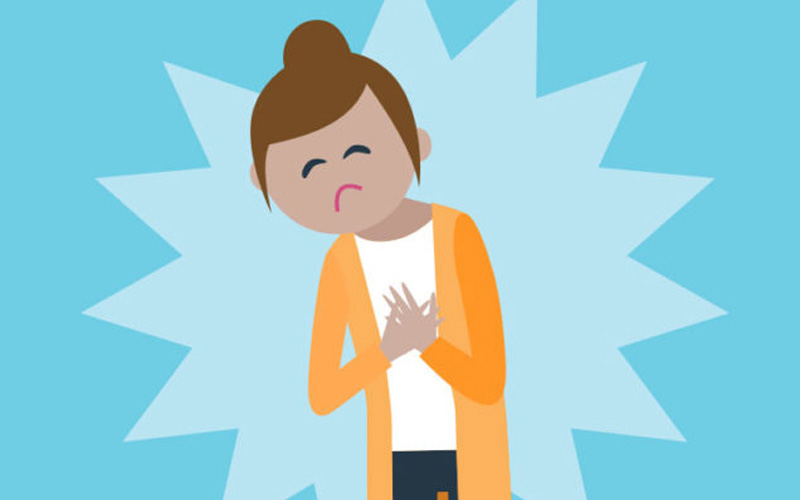
People may say “my heart skipped a beat” in relation to love, fear, or other strong emotions. Of course, that reference is meant to be poetic rather than literal. And that’s a good thing, because anything that interferes with the regular rhythm of your heart could quickly become a serious medical issue.
Let’s look at some common heart ailments and what causes them.
As we grow older, it is normal to develop some thickening of the arteries. However, high blood pressure can accelerate arteriosclerosis (or arterial disease), no matter what a person’s age. One particular kind of arteriosclerosis that contributes to heart disease is atherosclerosis, which comes from the Greek words athero (meaning gruel or paste) and sclerosis (meaning hardness). Atherosclerosis is a progressive disease that is characterized by a buildup of plaque (or hard paste) within the arteries. Plaque is formed from fatty substances, cholesterol, cellular waste, calcium, and fibrin. Plaque can cause a heart attack when it partially or totally blocks the blood's flow through an artery.
Hypertension, or high blood pressure, is dangerous because it causes the heart to work extra hard. This strain contributes to heart attacks and stroke. When the heart is forced to work extra hard for an extended period of time, it tends to enlarge. A slightly enlarged heart can function well, but a significantly enlarged heart cannot. High blood pressure also causes damage to the arteries, causing arterial disease.
A diseased heart is like a ticking timebomb. The heart attack is its explosion. While a heart attack may be sudden, the causes of the heart attack are not. Years of unhealthy heart habits may suddenly and unexpectedly catch up with you. Technically, a heart attack occurs when the supply of nutrient-rich blood to the heart muscle is reduced or stopped. If the blood supply is shut down for a long time, muscle cells die from a lack of oxygen. If enough cells die, the person will also die. However, the good news is that often only a small part of the heart muscle is deprived of oxygen and the victim can recover. What would cause the blood supply reduce or stop? There are many possibilities. One of the most common is arteriosclerosis, or arterial disease, that inhibits blood flow through blood vessels. Another cause may be a blood clot that obstructs an artery.